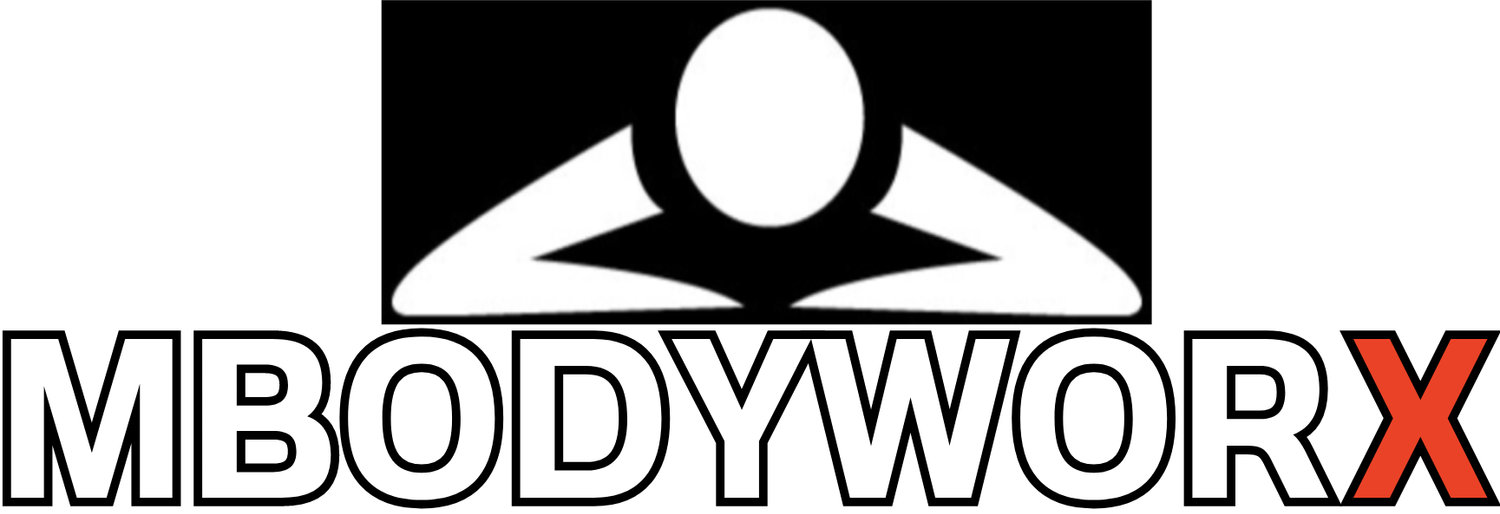
More About Kundalini Yoga
Kundalini yoga is a transformative practice that has gained popularity in recent years. Its origins can be traced back to ancient Tantric tradition in India, and it was introduced to the Western world by Yogi Bhajan in the late 1960s. Kundalini yoga integrates various practices such as physical postures, breath control, chanting, and meditation, and is believed to have numerous physical, mental, and spiritual benefits. While there have been some controversies surrounding the safety of certain practices, many practitioners report transformative experiences from regular practice. As with any new yoga practice, it's important to approach Kundalini yoga with caution and to work with experienced teachers to ensure safety and effectiveness.

Eastern Philosophy 101
Eastern philosophy offers a unique and diverse perspective on the nature of existence, the human experience, and the meaning of life. With its rich history spanning several millennia and encompassing many different cultures and traditions, Eastern philosophy provides a wealth of wisdom to guide us in our search for truth, enlightenment, and inner peace.
From the ancient Vedas of India to the modern teachings of Zen Buddhism, Eastern philosophy offers a broad and complex field that continues to influence philosophical and spiritual traditions worldwide. The essential texts of Eastern philosophy, such as the Vedas, Upanishads, Tao Te Ching, Analects, and Dhammapada, have profoundly impacted the development of Eastern philosophy and continue to inspire spiritual seekers and philosophers alike.
Furthermore, the teachings and practices of Eastern philosophy have become increasingly popular in the West, influencing modern culture, Western philosophy, and the New Age movement. Through the work of influential contemporary figures like Ram Dass, Sadhu Guru, and Deepak Chopra, Eastern philosophy has shaped our understanding of the self, the universe, and the nature of reality.
By exploring Eastern philosophy, we can expand our worldview, deepen our understanding of ourselves and others, and find guidance on how to live a meaningful and fulfilling life.

a little about Reiki
Reiki Master (also known as Reiki 3 or Third Degree):
This level represents a deeper commitment to the Reiki practice and involves learning how to teach and attune others to Reiki. Students learn advanced healing techniques and how to work with the master symbol. They also learn how to pass on the Reiki attunements to others, and how to teach Reiki class
